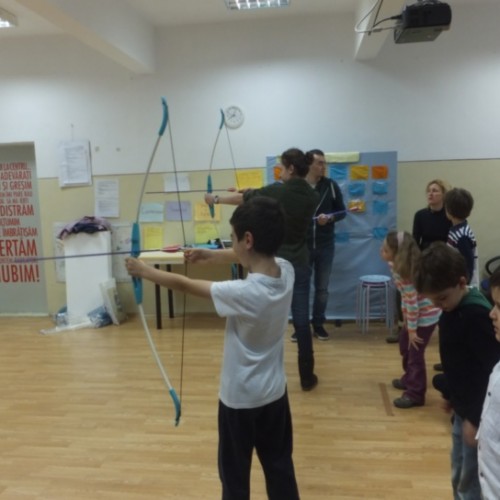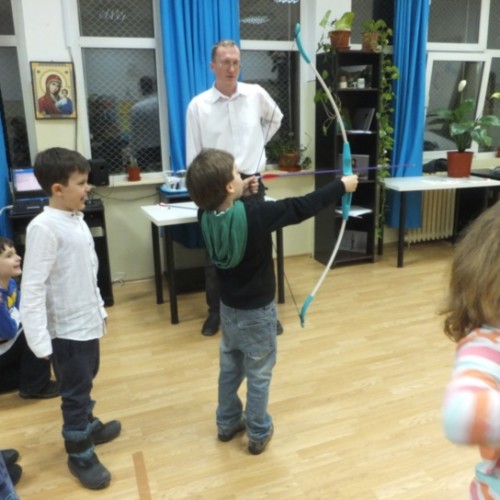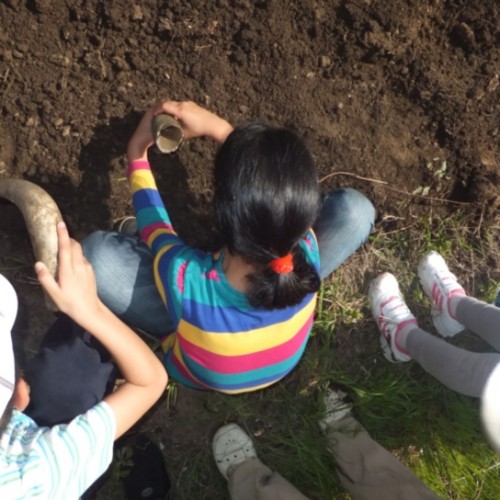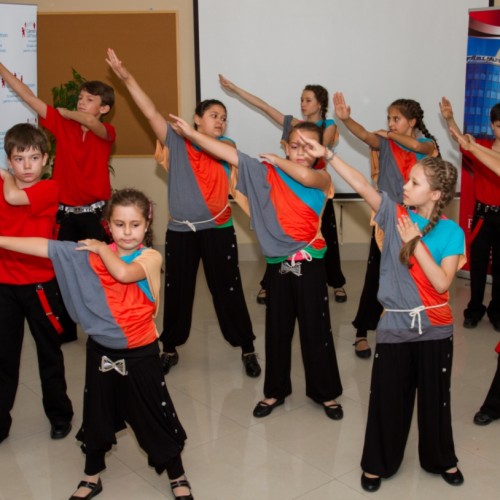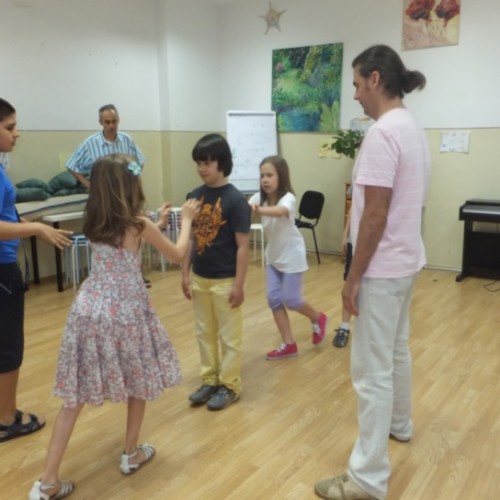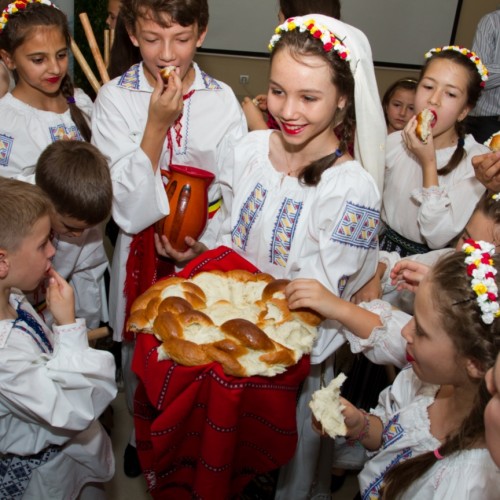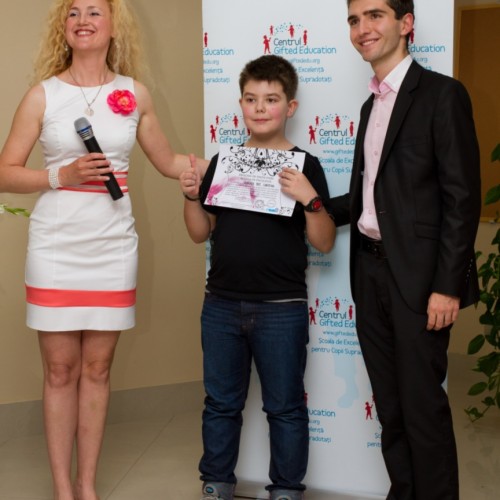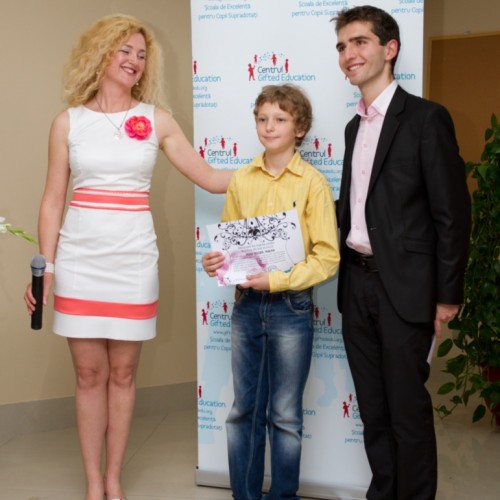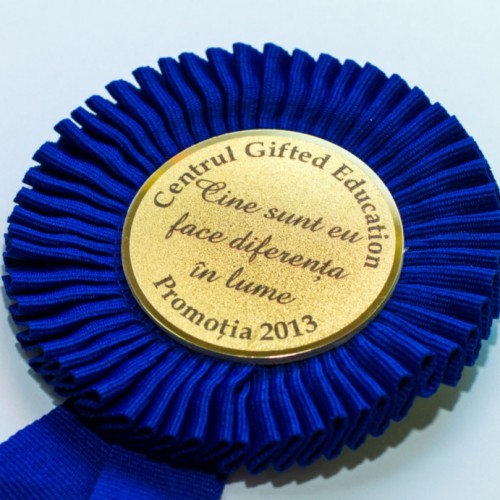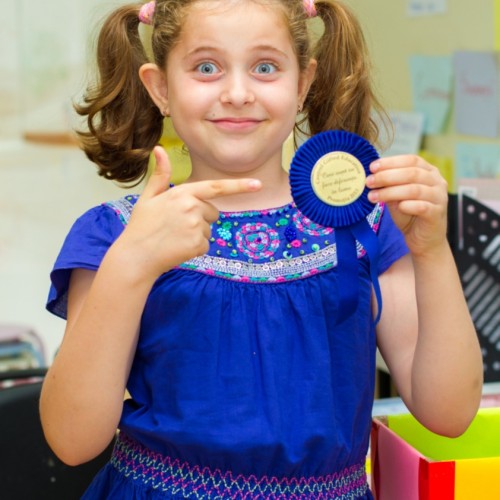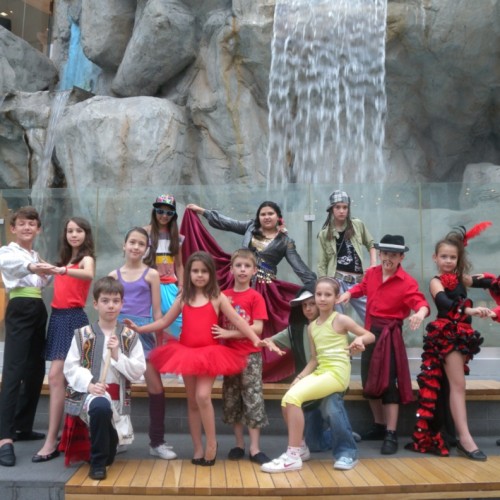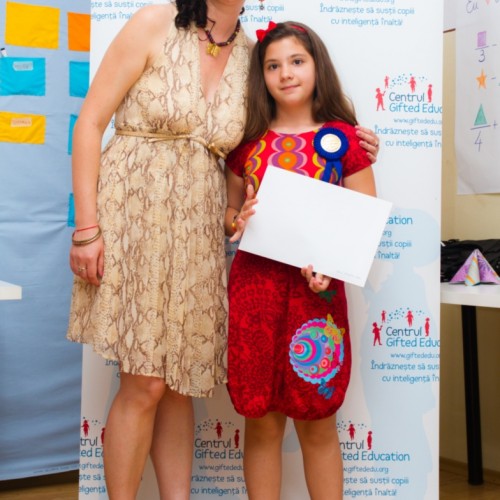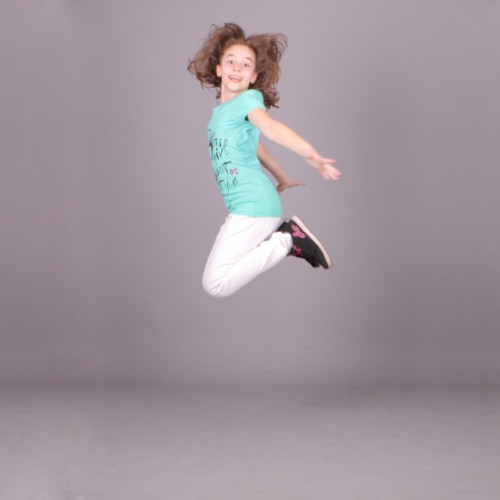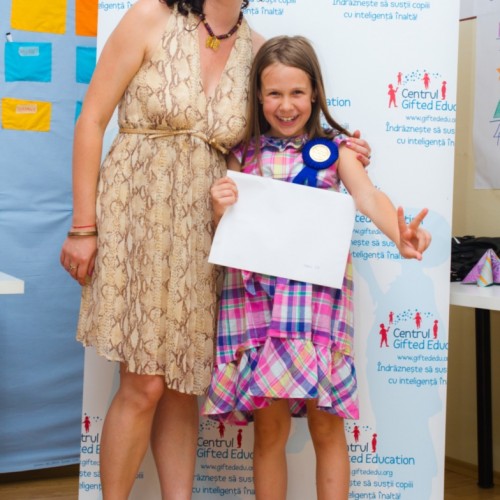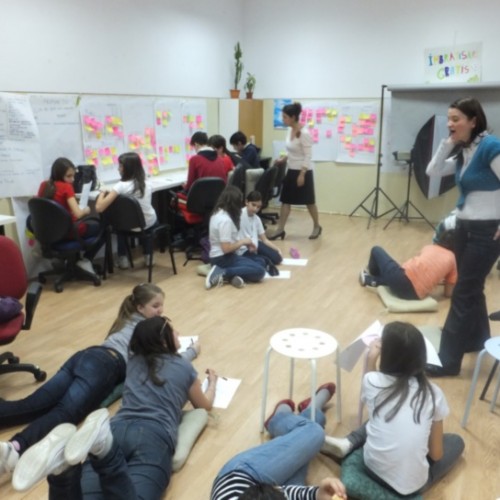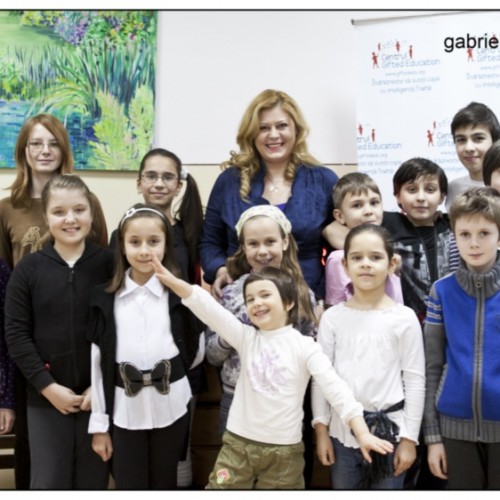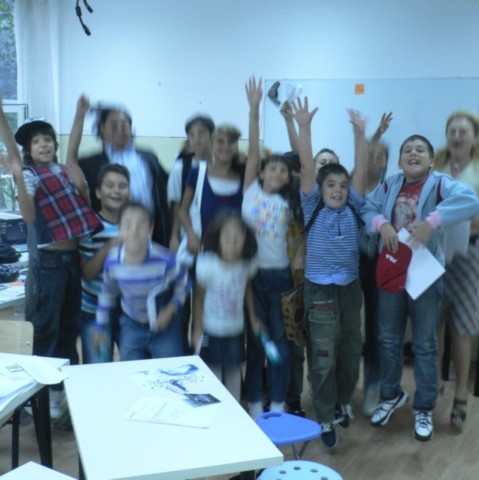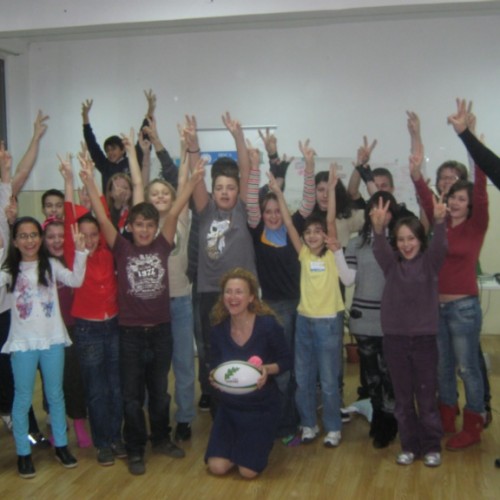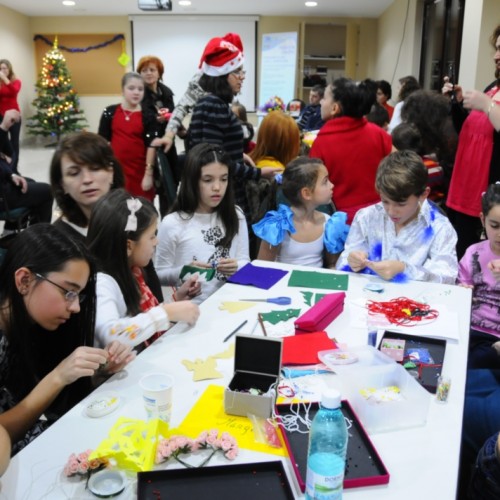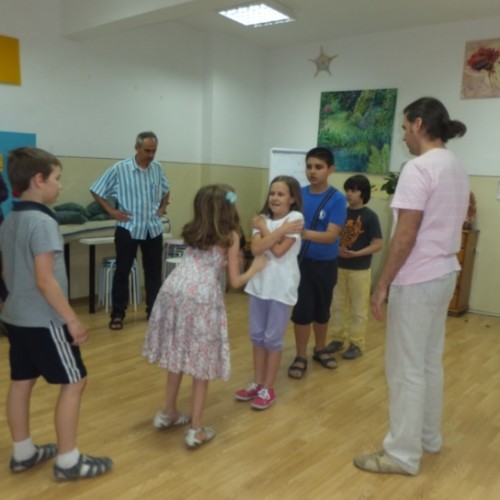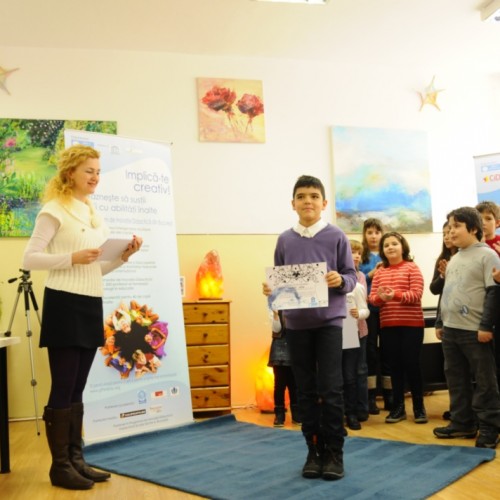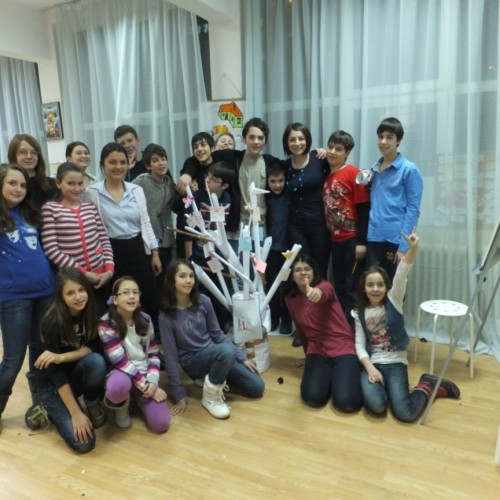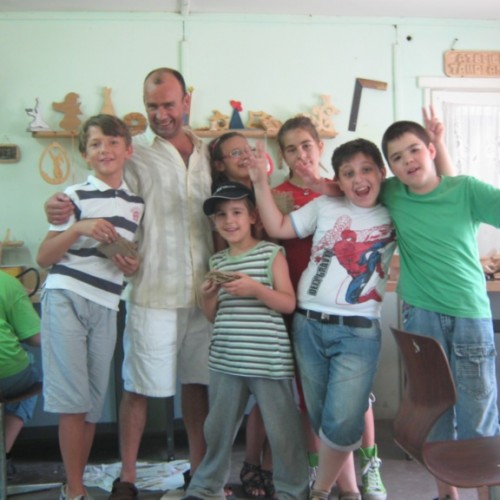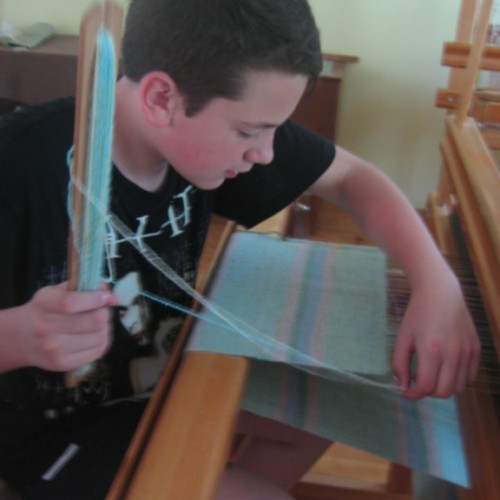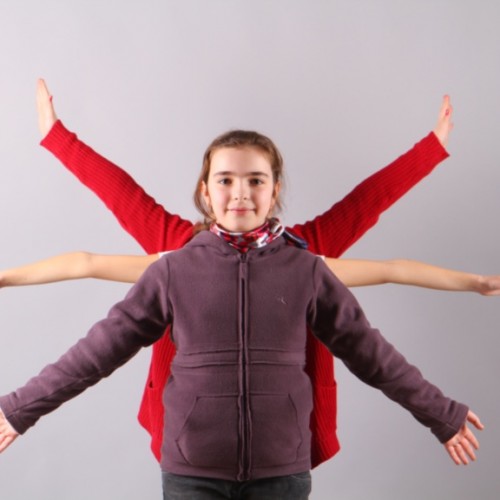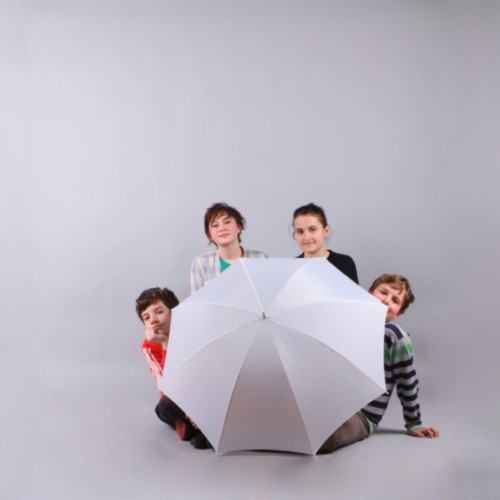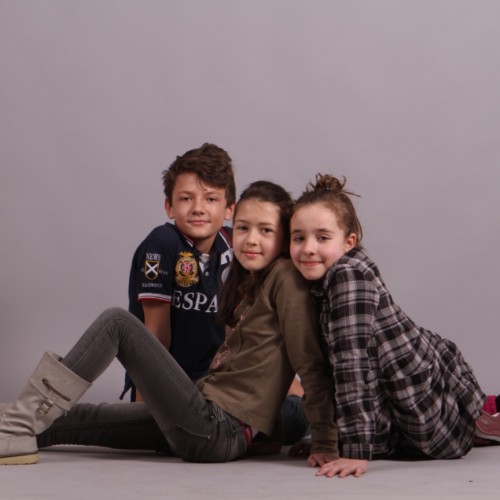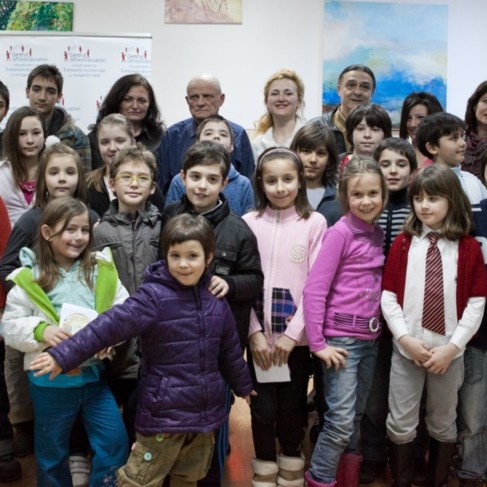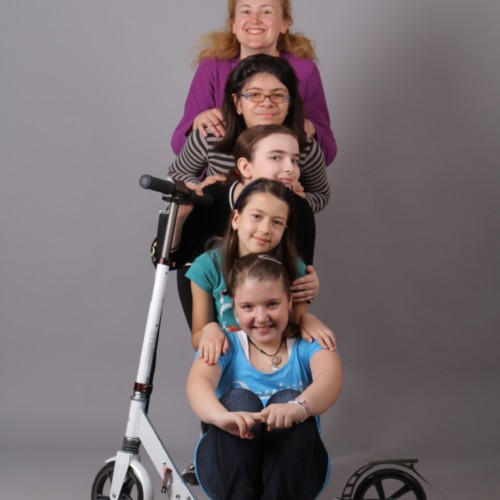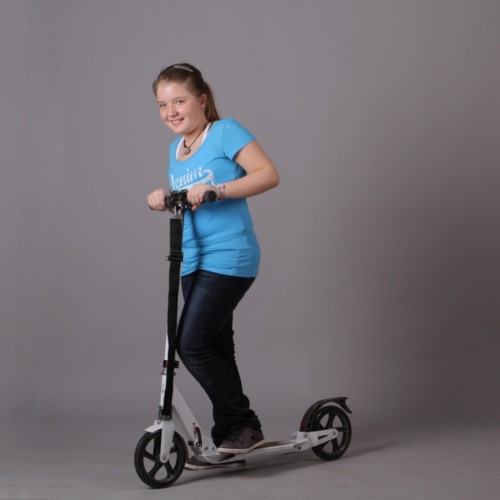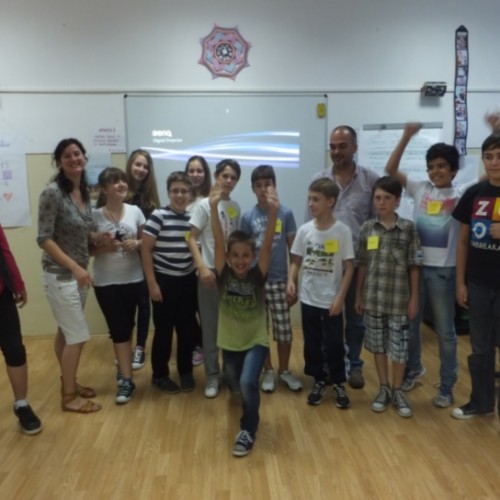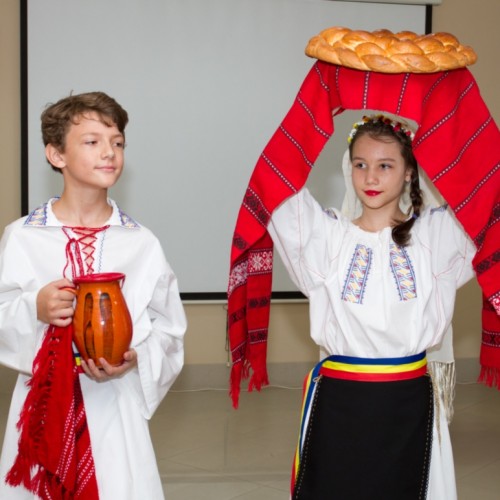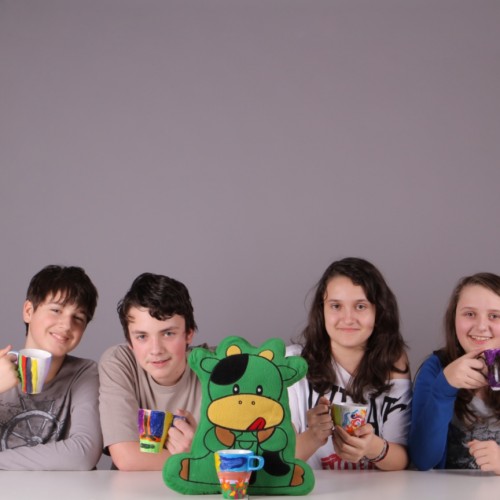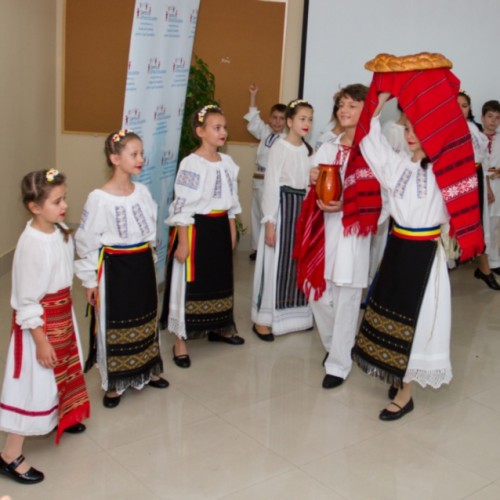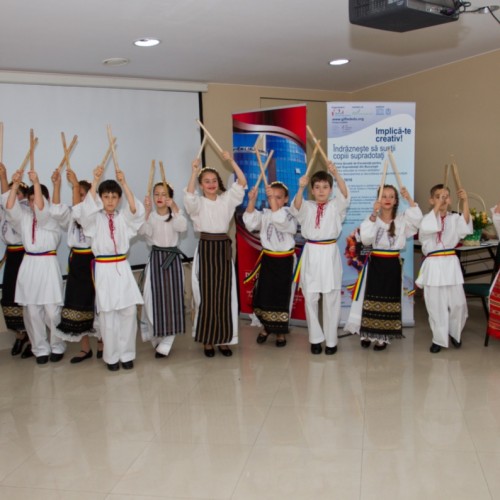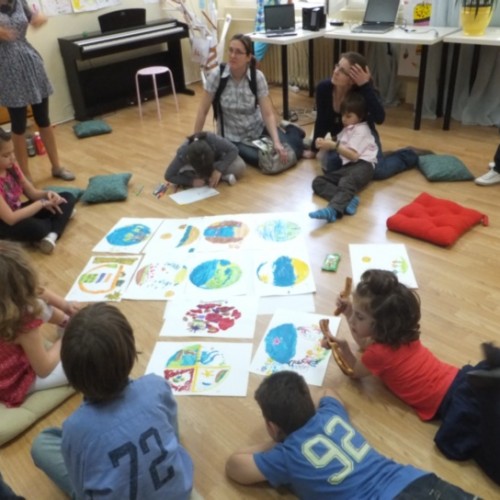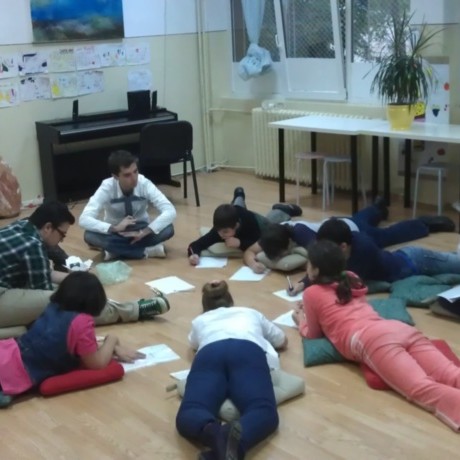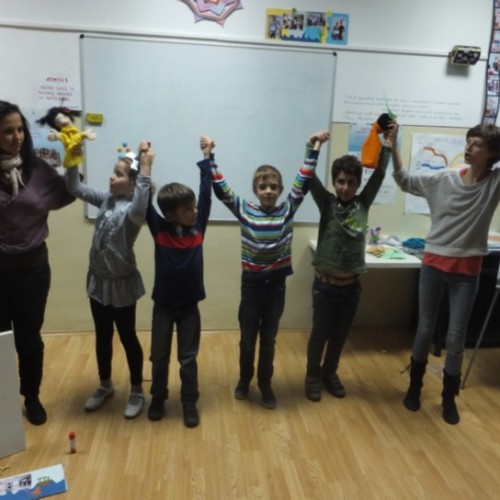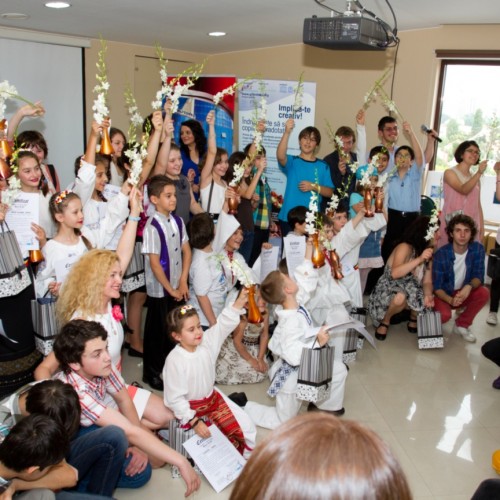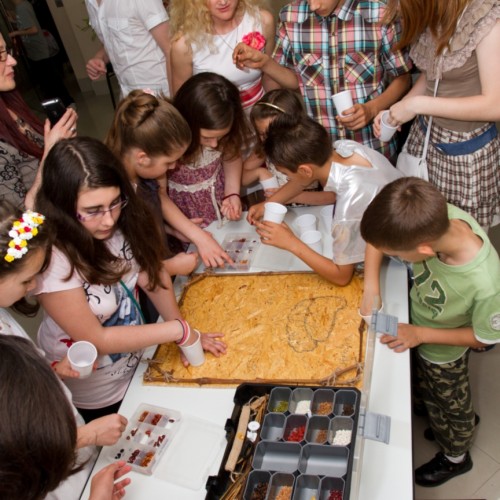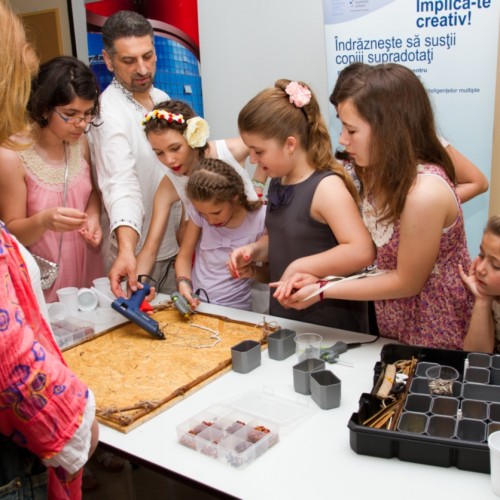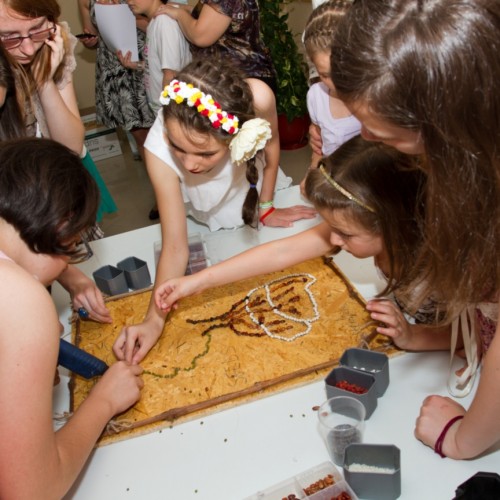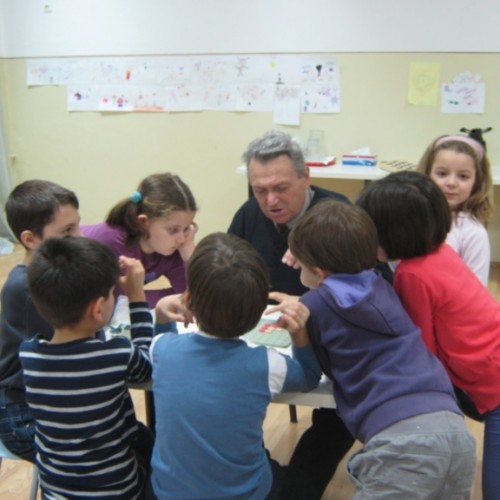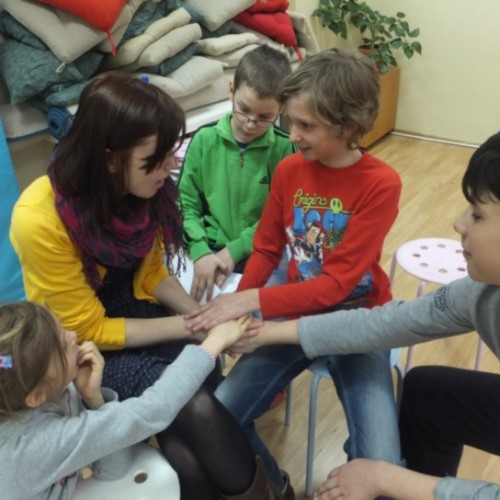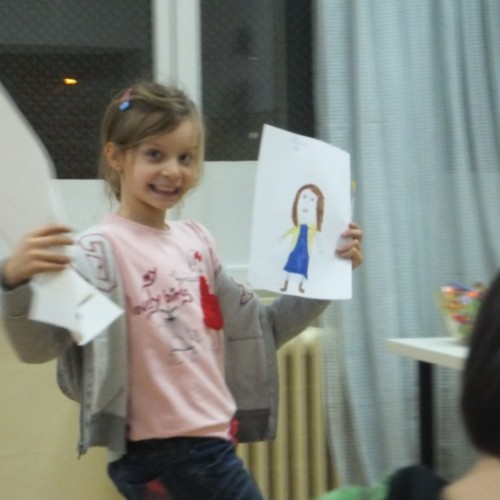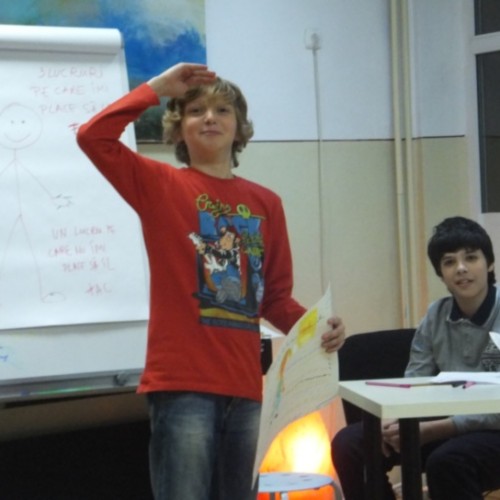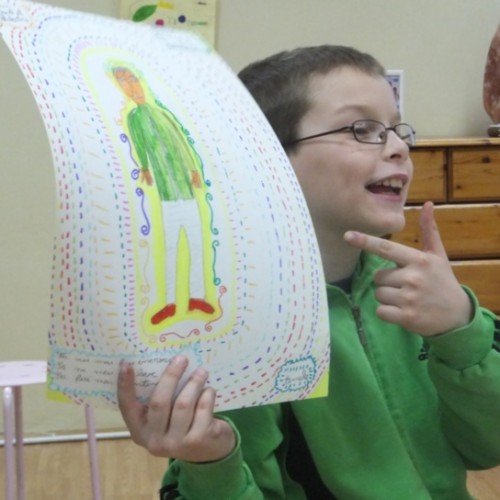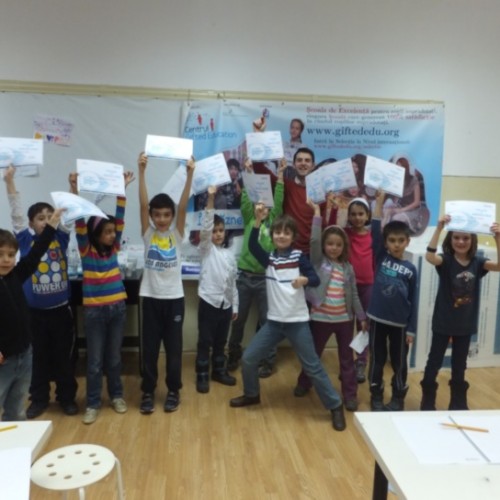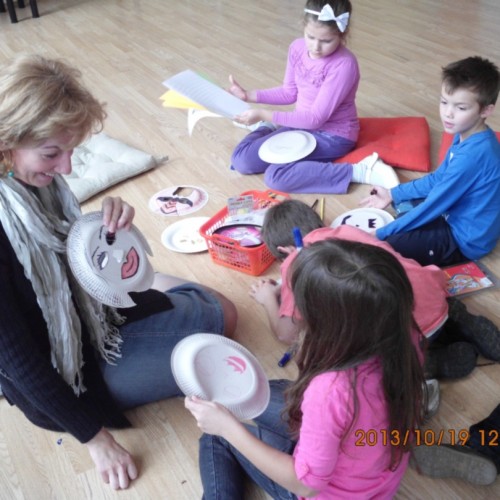How we select
Selection criteria
At what age can my child attend Leonardo Gifted School?
We are a preprimary and primary school. We enrol children with a minimum age of 3 years old and up to 12 years old.
One of the first questions to be asked by any parent who wants to enrol his child would be: how am I sure that my child is gifted, and how do I make sure that his colleagues are having a close level of ability?
Our Expertise
Firstly, we would like to let you know that we have developed over a long period of time our expertise and philosophy on how to best select and how to best support the parents in making a structured and well informed choice for their child by directly interacting with hundreds of parents:
2010: Testing with over 835 children based on Raven’s Standard Progressive Matrices Plus (SPM Plus), and then over 70 children tested based on WISC IV (Wechsler Intelligence Scale for Children).
Only children with a General IQ score point of a minimum of 130 are invited to a motivational behavioural evaluation.
2011: Testing with 440 children based on Raven’s Standard Progressive Matrices Plus (SPM Plus), and then over 50 children tested based on WISC IV (Wechsler Intelligence Scale for Children – latest edition). Only children with a General IQ score point of a minimum of 130 are invited to a motivational behavioural evaluation.
2012-2023: Testing with over 1500 children tested based on WISC IV (Wechsler Intelligence Scale for Children – latest edition) and SON-R. Selection is based on motivational behavioural evaluation, interviews with the parents, and basically, on an General IQ score point of a minimum of 130.
In order for us to start our conversation, first, we need to know if the child can qualify in the program based on a standardised, internationally reputed test. Firstly, children need to pass WISC IV with a General IQ score point of a minimum of 130 based on a test performed with a licensed psychologist.
Starting with 2013 our process includes testing of over 100 children and inviting the parents and children to our selection process which include:
Selection Stages:
Preliminary Stage
Stage 1: WISC IV international test, most reputed test on discovering cognitive abilities of children.
Later stages
Stage 2: Motivational behavioural evaluation with a comission of experts (psychologists, and psychotherapists)
Stage 3: Specialist counselling based on the data in the child candidature, on the needs of the child
Stage 4: Interview of the parents with the psychologist counsellor, coach and Project Manager
Stage 5: Teambuilding and Motivational interview for the child
Stage 6: Workshop for parents: “The needs of the gifted child. What do we do about it?”
Special note on WISC IV results
In our selection process we apply NAGC – National Association for Gifted Children USA’s recommendations vis-a-vis of the WISC IV results. This means that we shall always consider a child who scores below 130 in WISC IV, but who also has top 2-3% results in abstract reasoning for the composite sub-scores at Perceptual Reasoning and/or Working Memory, combined with lower processing skills.
“The WISC-IV introduces important structural changes that compromise the relevance of the Full Scale IQ score (FSIQ) for gifted children. The Verbal and Performance IQ scores of earlier versions of the scale have been replaced by four Composite/Index scores on the WISC-IV: Verbal Comprehension, Perceptual Reasoning, Working Memory and Processing Speed. The weight of processing skills in the Full Scale IQ calculation has doubled, with a consequent reduction in the weight assigned to reasoning tasks (verbal, visual-spatial and mathematical). Testers of the gifted know that abstract reasoning tasks best identify cognitive giftedness, while processing skills measures do not. Gifted children with or without disabilities may be painstaking, reflective and perfectionist on paper-and-pencil tasks, lowering their Processing Speed Index scores; to a lesser degree, they may struggle when asked to recall non-meaningful material (Digit Span, Letter-Number Sequencing), lowering their Working Memory Index, even though they excel on meaningful auditory memory tasks that pique their interest.
As a result, a majority of gifted children show considerable variability in their Composite/Index scores on the WISC-IV, a problem less often encountered in average children. When this occurs, WISC-IV Full Scale IQ scores for the gifted may be difficult to interpret and, in some cases, may be lowered sufficiently by processing skills to prevent gifted children from qualifying for needed programs.”
Further reading: click here.
Over the course of time, with our panel of cross disciplinary cross-professional team of specialists which include psychotherapists, a coach and OD professional, outdoor trainers, we have reached the conclusion that the best selection is the selection where the parents are best informed on the abilities and needs of the child, whichever they may be at the moment, as well as when the child can and will express vocally his desire to develop and learn alongside with his/her colleagues. In this way we are both able to coach the parent on the essential needs of the child- which are paramount in the further decision making to suit the needs of the child – as well as to listen and to observe to the emotional capacities of the child.
We know this to be of immense added value in the life of both the parents and the child. We believe this is the best approach for a selection which has in mind the purpose of placing the child as the central focus and of meeting the needs of the child, and not any other way around.
The parents are then able to take the best informed decision. Sometimes the child needs more the personal developement through the care of a psychotherapist for personal work with his deep wounds, which he/she acquired over the course of time, due to mistreatment to his inner nature (see the Drama of the Gifted Child by Alice Miller) and less the challenge of working together in a dynamic school environment.
More on the Behavioural evaluation
This evaluation has taken an important role at the entrance point in the program because we have many children who apply and who require personal development, even therapy, and this happens to be necessary before education and/or in parallel to education. In front of a panel of licensed psychologists we offer kids interactive, highly engaging and challenging games where they play in group and they are observed for their behaviour with an observation form based on criteria chosen by the specialist panel. In the end, by combining and correlating the whole spectrum of data on the child in the process, the parents are offered an insight on the special needs of the child, or how can they best support the child.
The process of the evaluation looks on the observation of behavioural tendencies and identification on the matching of the development needs of the child with the general purpose, mission, values and methods of our school, which is a specialized school with a gifted education environment.
In the behavioural evaluation take part psychologists who are matched to a group of maximum 2-3 children in order to observe a list of criteria developed by the panel group which include among others the capacity of the child for:
- Communication
- Integration and working in the group
- Tolerance to frustration and stress management
- Ethical Behaviour
- Responsibility and Involvement
Each psychologist carries a short conversation with the child individually, after the evaluation, for two goals: 1. To understand better the mechanisms and the motivation in the group dynamic used by the child 2. To offer a feedback to the child, and close the loop for his questions or inquiries on what happened within him/herself or in interaction with his peer group, or the people in the panel. Each psychologist has the role to correlate all information from all 3 sources: tests, behaviour evaluation and observation, and the discussion with the child. In the end, the psychologist develops a short report which is developed with the purpose to offer parents feedback and information on the process of selection and evaluation.
The evaluation is video taped so that on the later stage, moments of highly charged energy can be looked closer and evaluated without the heat of emotions on the moment.
The behavioural evaluation is a proprietary model based on specialist work and fine tuned in time based on observation. It respects Law 17/2007: Law on the education of gifted, capable of high performance childern and youth.
We have noted over time its adding value by observing:
- Parents are overwhelmed with the amount of essential and valuable information provided and they need a a conclusive discussion around important items and a cross-integrated view of the whole process
- Parents need to take an informed decision on what is best for the child. Our team’s counselling provides the way for a peaceful transition to a successful choice for the development of the child.
